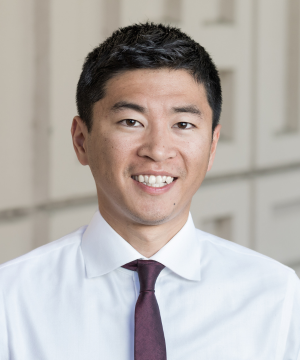Artificial intelligence (AI) technology has the potential to revolutionize the way the world works and communicates. AI also plays an outsized role in technological competition between the United States and China, in what some call the “AI race.” What is China’s current stage in the AI race as compared to the United States, and what challenges and risks lie ahead in adopting AI technology?
Jeffrey Ding, Assistant Professor of Political Science at George Washington University, joins the National Committee to discuss U.S.-China AI competition.
Speaker

Jeffrey Ding
Jeffrey Ding is an Assistant Professor of Political Science at George Washington University. Previously, he was a postdoctoral fellow at Stanford’s Center for International Security and Cooperation, sponsored by Stanford’s Institute for Human-Centered Artificial Intelligence.
His research agenda centers on technological change and international politics. His dissertation investigates how past technological revolutions influenced the rise and fall of great powers, with implications for U.S.-China competition in emerging technologies like AI. Other research projects tackle how states should identify strategic technologies, assessments of national scientific and technological capabilities, and interstate cooperation on nuclear safety and security technologies. His research has been published or is forthcoming in European Journal of International Security, Foreign Affairs, Review of International Political Economy, and Security Studies, and his work has been cited in The Washington Post, The Financial Times, and other outlets.
He received his PhD in 2021 from the University of Oxford, where he studied as a Rhodes Scholar. Previously, he worked as a researcher for Georgetown’s Center for Security and Emerging Technology and Oxford’s Centre for the Governance of AI at the University of Oxford. Growing up in Iowa City, he became a lifelong Hawkeye fan and attended the University of Iowa for his undergraduate studies.
